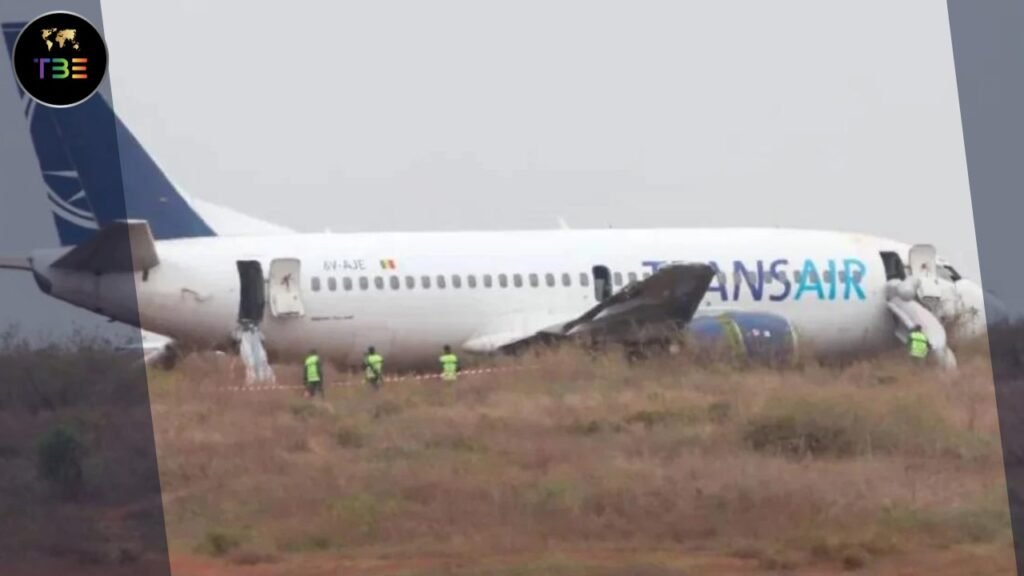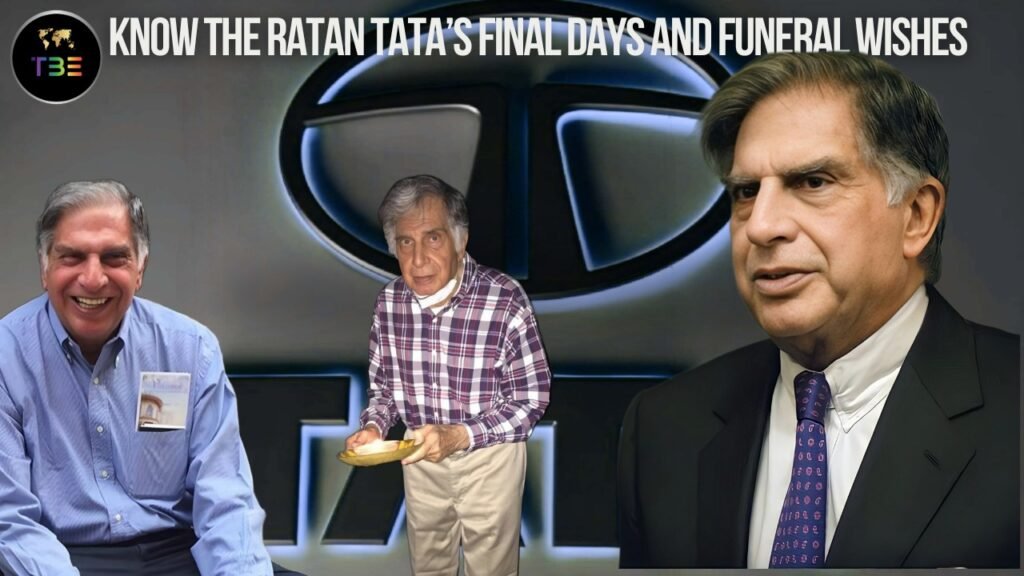
Boeing 737-300 Crash in Senegal
In Senegal, a Boeing 737-300 crashed during takeoff, leaving 11 passengers injured, four of them critically. Early on Thursday, Air Senegal aircraft HC 301, which was headed for Bamako, the capital of Mali, veered off the runway, according to a statement from Dakar’s Blaise Diagne airport. The majority of the 78 people on board were not hurt in the event, although the pilot did sustain minor injuries. The airport has subsequently stopped operations. According to an airport announcement, emergency services have been called in to evacuate passengers. A cause-and-effect investigation is underway in relation to the incident, which occurred at approximately 0100 GMT. Transair, the private business from which Air Senegal rented the aircraft, and Boeing have not responded to the event. The cause of the incident is yet unknown, but it occurs at a time when the manufacturer’s safety record is becoming a bigger problem.
Concerns Over Boeing’s Safety Record
How much mischief is Boeing up to? Shortly after takeoff in the US in January, an Alaska Airlines Boeing 737 Max experienced an underused door blowout. A criminal inquiry into such occurrence is ongoing against the corporation. The BBC was informed by a former quality inspector at Boeing’s biggest supplier that major flaws in plane bodies were a common occurrence when the plane crashed in Senegal.
Spirit AeroSystems, the company, declared that it “strongly disagreed” with the accusations. According to a Boeing whistleblower, aircraft parts have major problems. A former quality inspector at the company claimed that major flaws in the plane bodies produced by Boeing’s biggest supplier frequently emerged from the production. A Kansas-based employee of Spirit AeroSystems named Santiago Paredes told the BBC that when parts were being prepared for shipment to Boeing, he frequently discovered as many as 200 flaws. He stated that he earned the moniker “showstopper” because he would halt work whenever he attempted to address his worries.
Quality Control Issues
Spirit declared that the claims were “strongly disagree” with. Spirit, which continues to be Boeing’s biggest supplier, issued a statement saying, “We are vigorously defending against his claims.” In an exclusive interview with the BBC and the American network CBS, Mr. Paredes made the accusations against Spirit and detailed his experiences throughout his employment at the company from 2010 to 2022. According to him, he was used to discovering “anywhere from 50 to 100, 200” flaws on fuselages, or the main body of the aircraft, that were scheduled for shipment to Boeing. “I was finding a lot of missing fasteners, a lot of bent parts, sometimes even missing parts.”
Boeing preferred not to respond. Following the January takeoff of a brand-new 737 Max, an unused door broke off, leaving a massive hole in the side of the aircraft. This incident has brought significant attention to Spirit AeroSystems and Boeing. Investigators claim that Spirit installed the door first, but Boeing workers later took it out to fix improper riveting. The Federal Aviation Administration, a US regulator, began an audit of both companies’ production procedures as a result of the event. It discovered numerous instances in which the businesses disregarded manufacturing control procedures. While at Spirit, Mr. Paredes found several flaws, some of which were minor, but others were more significant, he told the BBC.
Whistleblower Testimony
He said that he felt pressured to be less strict. “They always made a fuss about why I was finding it, why I was looking at it,” he stated. “All they wanted was for the merchandise to be sent. They weren’t thinking about the repercussions of transporting damaged fuselages. Their whole attention was on fulfilling the deadlines, budget, and quotas. The condition of the fuselages didn’t really matter if the figures looked okay,” he claimed.
Seeking Accountability
A significant portion of Mr. Paredes’ testimony in the legal action that unhappy shareholders have brought against the company includes his purported experiences at Spirit. Nonetheless, he is referred to as “Former Employee 1” in court documents. Mr. Paredes, a former Air Force mechanic, has never given a public speech before. Mr. Paredes oversaw an inspector group stationed at the end of the 737 Max assembly line prior to his exit from the company. Josh Dean, a second former quality auditor whose allegations were expected to be included in the complaint, passed away last week following a life-threatening bacterial infection.
A Call for Help
Mr. Paredes stated that things reached a breaking point for him personally when his manager gave him the order to alter the way defects were reported in order to lower their total quantity. He claimed that after he objected, he was demoted and sent to a different area of the facility. “I felt I was being threatened, and I felt I was being retaliated against for raising concerns,” he stated. Subsequently, Mr. Paredes wrote to Spirit’s then-CEO, Tom Gentile, and lodged a “ethics complaint” with the company’s HR department.
In that message, he wrote: “I have lost faith in the quality organisation here at Spirit and this is my last cry for help.” After his complaint was partially sustained, Mr. Paredes was later given back pay and put back in his leadership position. Shortly after, he departed from the company. Even now, he still says he wouldn’t want to travel on a 737 Max if aircraft still had defects from the Wichita manufacturing. “I’d never met a lot of people who were scared of flying until I worked at Spirit,” he stated. “After that, I met a lot of folks at Spirit who were terrified of flying because of the way the fuselages were being constructed.”








